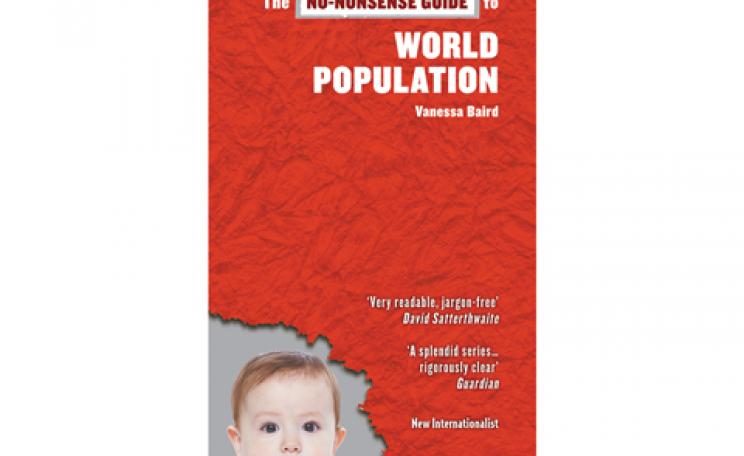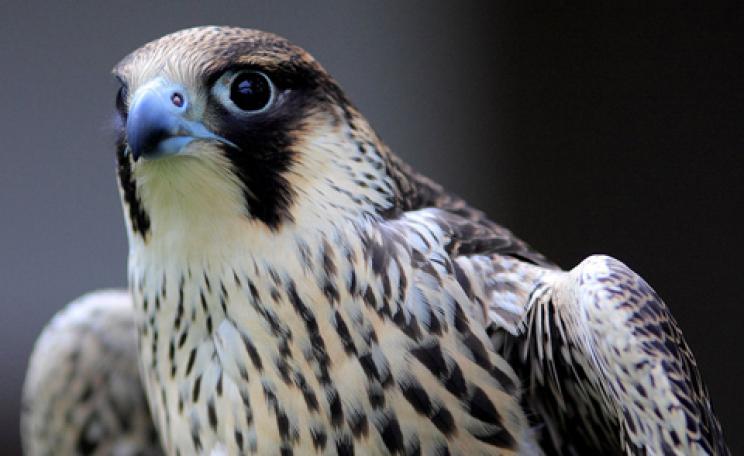Earlier this year, the National Ecosystem Assessment estimated the value of British nature (National Parks, forests, lakes) to be in the billions of pounds. It assigned a monetary figure to nature’s value to humans in the hope that this would inform and guide UK planning policy. It generated headlines across the country in a manner that focused people’s attention on the businesses eyeing up the environment in this commercial, human-centric manner. Such an attitude, it seems, pervades modern life and dominates political decision-making processes. It is as if they ask the question: how is nature, which is separate from us, of value to us?
With Ecological Ethics, Patrick Curry sets his stall up at the other end of the spectrum, far away from the concerns of human self-interest. ‘I start from the belief that, or perception, that nature – which certainly includes humanity – is the ultimate source of all value. This “more-than-human” nature… is not simply a set of resources for us to use as we will.’ It is this question of value – and what is valuable – that lies at the core of this impressive guide to ecological and environmental ethics. The book covers the range of expressions of ecological philosophies, from light green to deep green to eco-feminism and more.
Curry begins by providing the reader with context of our current ecological crises: from climate change, loss of biodiversity and natural habitat to the chemical pollutants found in air and water as well as population growth and all the pressures that entails. With such broad topics outlined, Curry provides an introduction to ethics in the core philosophical sense, looking at the concepts of value, realism and relativism, as well as discussing the role of ethics within religion and secularism. The issue of value is core to the ethical debate – as Curry states: ‘There can be no ethics without value’. While subtle and complex terms of value are given meaning – intrinsic, instrumental, inherent, subjective, objective, anthropocentrism, eco-centrism and so on – it is done so with clarity and attention to detail. The reader is provided with useful context for these terms, and their relevance to ecology and the environment is highlighted. However, it is not merely a discussion of the intricacies of the philosophical debate; Curry explores the development of ethical thought over the past few decades, and puts it within the framework of the wider environmental movement. Topics such as animal liberation, farming, vegetarianism, left- and right-wing politics provide the reader with an awareness of the importance of ascertaining value and what is being valued.
While some texts on this subject could be dissected in tedious detail, Curry openly states that this is not his intention. It is written with the environmentalist in mind and the second half of the book in particular spends a lot of time taking a look at application in the modern world, from the role of a ‘Green Citizen’ in society to that of agribusinesses in the food system and even takes in nuclear energy and carbon trading schemes. The importance of these discussions lies not in the facts brought to the table but is instead concerned with the application of the reader’s learning of value, particularly with a focus on the human and eco-centric divides. It also grows increasingly apparent just how well-read Curry is on contemporary environmental concerns beyond the era of James Lovelock. From Raj Patel’s Stuffed and Starved, to work by Paul Kingsnorth and George Monbiot with topics ranging from Tesco Towns to corporate PR and greenwashing – all are brought to the table, even if it’s just a fleeting glimpse. It is easy to see why Curry’s book is highly relevant to the modern environmentalist.
Ecological Ethics is a wide-ranging book that doesn’t get lost in detail. Curry’s writing is accessible and his voice doesn’t get in the way of the big topics he covers. Such clarity of expression is of great importance for a book that possesses such intellectual vigour. Moreover, such an approach means this can be read and understood not by academics alone but by anyone wishing to better understand their own reactions to environmental dilemmas as well as other people’s. It’s also a useful debating tool against those who wish to assign price tags to the natural world.
Ecological Ethics by Patrick Curry (£16.99, Polity Press) is available from Amazon
Mark Newton has a degree in Environmental Science and is a genre novelist for Pan Macmillan. He blogs at markcnewton.com, or you can find him on Twitter at twitter.com/MarkCN
| READ MORE... | |
 |
REVIEW Fast Forward: Ethics and Politics in the Age of Global Warming Their grasp of science can’t be faulted but William Antholis and Strobe Talbott need to offer solutions too, says Mark Newton |
 |
REVIEW An Iceberg as Big as Manhattan David Shukman’s book is both an entertaining collection of a journalist’s tales and the perfect introduction to the environmental challenges facing the world today, says Gervase Poulden |
 |
REVIEW Earth in 100 Groundbreaking Discoveries Packing 4.5 billion years of history into 416 pages is a truly Herculean task, but it's one, says Hannah Corr, that Douglas Palmer has managed to do in style |
 |
REVIEW Naked Fashion: The New Sustainable Fashion Revolution Showing fashion at its worst while providing upbeat solutions is a tough call but Safia Minney has achieved it with Naked Fashion, says Ruth Styles |
 |
REVIEW Dark Mountain Issue 2 The dystopian take on the environmental movement provided by Dark Mountain’s second anthology, is a wonderful, if disturbing, read says Mark Newton |






